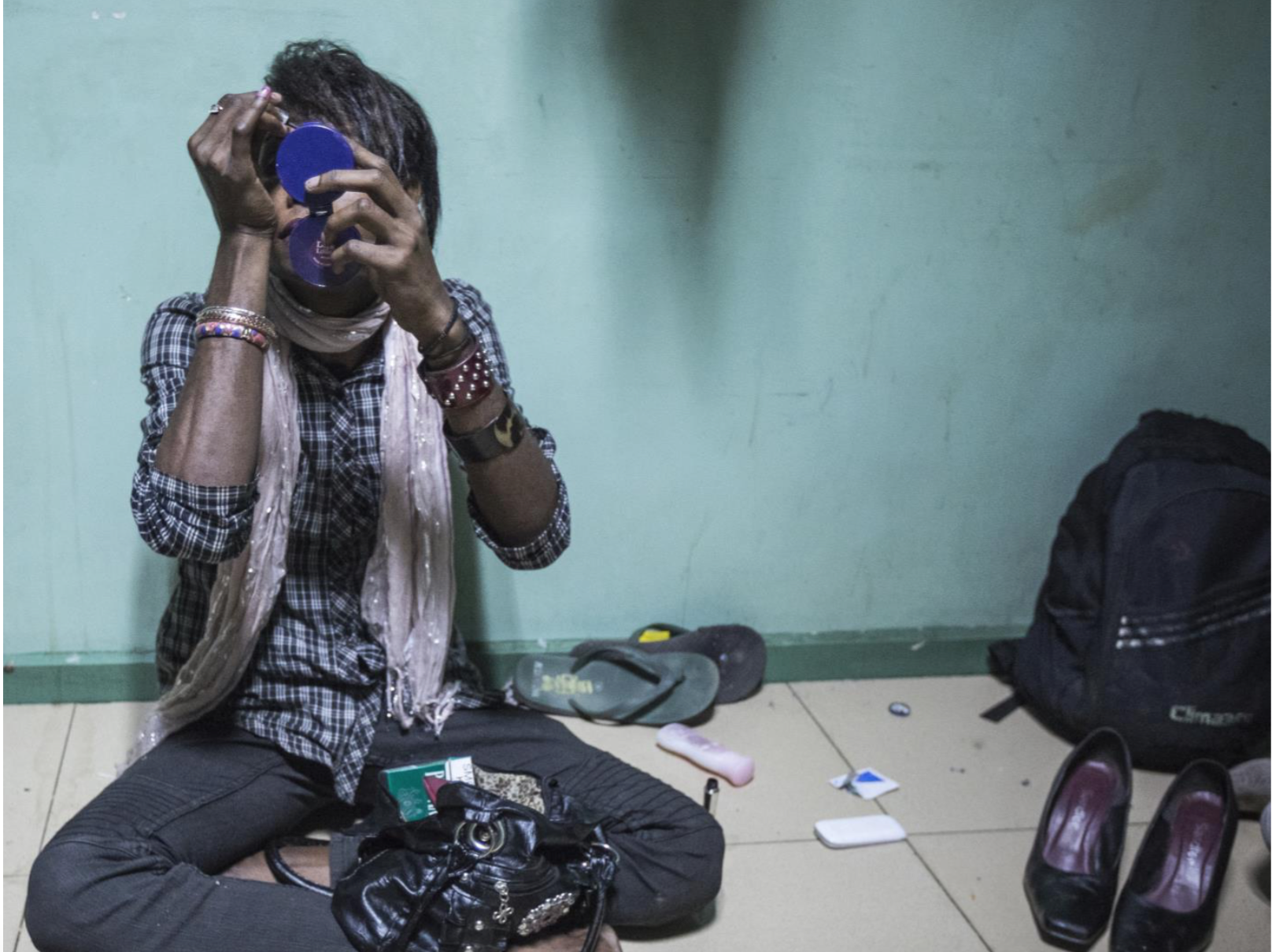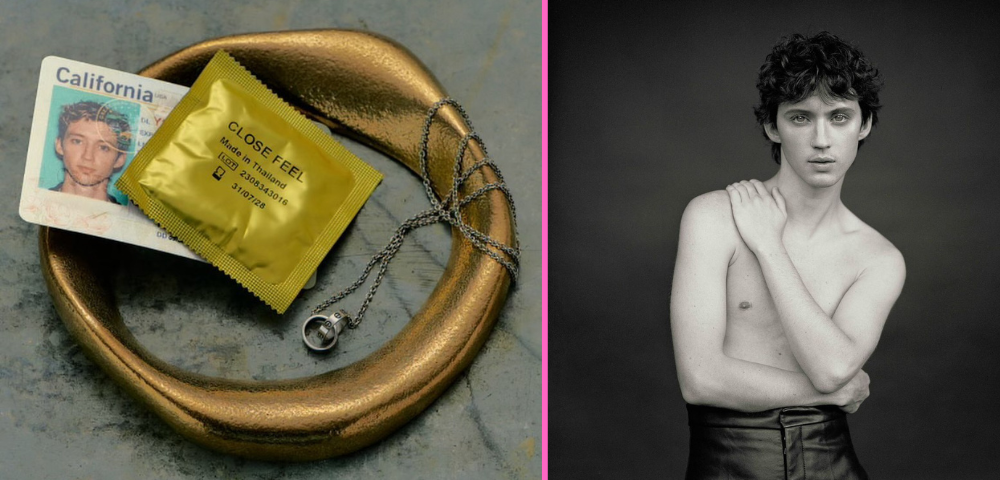
Amnesty International’s new sex worker policy stirs debate

When Vixen in Victoria’s Jane Green and sex workers were invited to speak at Amnesty’s Australian National Meeting in 2014 to discuss issues surrounding decriminalisation of sex work, they were shouted at and abused.
“When the proposal to endorse the decriminalisation of sex work was discussed at Amnesty’s National Meeting in Australia in 2014, sex workers who had been invited to speak were objected to, shouted at, called “pimps” and continually abused,” Green said.
The CEO of Scarlet Alliance, Australia’s Sex Workers Association, Jules Kim welcomed the move but said it was sad that many at the public consultations did not believe sex workers had a right to speak about their lives.
“This policy is important as it recognises the importance of the human rights of sex workers. Sex workers have the right to basic human rights that others take for granted and the decriminalisation of sex work is instrumental in achieving this,” Kim said.
An Amnesty International spokesperson acknowledged that many people had opposed the policy and the issue “has been passionately debated amongst Amnesty’s membership, in particular, some members have a range of strong views for or against decriminalisation”.
In 2013, following countless reports of human rights violations against sex workers, Amnesty International decided to compile an official policy which can be accessed publicly and referred to by lawmakers.
Avgousti said a 2010 report on violence against women in Uganda revealed a number of sex workers would not report incidents to police, or were shunned when they did.
The Amnesty team heard harrowing accounts of discrimination from LGBTI sex workers including trans women sex workers being thrown into male prisons and having their heads forcibly shaved, police harassment and ongoing physical violence.
“The motivation to create this policy was that we were witnessing consistent human rights abuses against sex workers across the world,” Avgousti said.
“This lead to the fact we did not have consistent policy, how it would respond and what we would recommend to the governments to do in this area. That was a gap in the policy organisation.”
Avgousti and her team embarked on a painstaking two-year research mission, which included scouring through previous research on sex work and hitting the ground in various countries around the world to speak to sex workers directly.
“Some of the elements that we weren’t prepared for when we started this and what turned out to be the most valuable thing for us, to fill in this policy was to have the testimonials and to be able to speak to sex workers themselves to guide policy. We are putting the needs of sex workers at the forefront,” she said.
While sex workers face an disproportionate amount of discrimination, LGBTI sex workers fare much worse because they face intersectional discrimination and marginalisation.
“LGBTI sex workers often face intersecting stigma and discrimination,” Jules Kim of Scarlet Alliance said.
“There’s a lot of moral panic behind people’s opposition to sex work. Sex workers are seen to be transgressing sexual norms, and for LGBTI sex workers, who may be perceived as transgressing gender and sexuality norms, the impact of misplaced judgement and marginalisation is compounded.”










I wonder how this will leave Greens candidates like Kathleen Maltzhan and Green’s writer, Rhiannon, who have consistently wanted to ban sex work and adopt the so-called Nordic model, which criminalised the clients of sex workers but not the sex worker. All political parties now need to come out and say where they stand on Amnesty’s report.